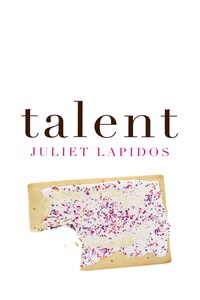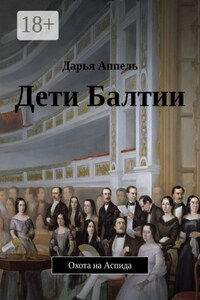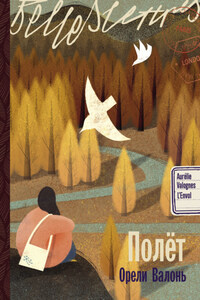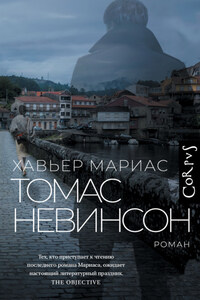The Borough Press
An imprint of HarperCollinsPublishers Ltd
1 London Bridge Street
London SE1 9GF
www.harpercollins.co.uk
First published in Great Britain by HarperCollinsPublishers 2019
Copyright © Juilet Lapidos 2019
‘My Child Is Phlegmatic . . .’ Anxious Parent: Copyright © 1931 by Ogden Nash
Reprinted by permission of Curtis Brown, Ltd. All rights reserved.
Cover design by Holly Macdonald © HarperCollinsPublishers Ltd 2019
Cover photographs © Shutterstock.com
Juilet Lapidos asserts the moral right to be identified as the author of this work.
A catalogue copy of this book is available from the British Library.
This novel is entirely a work of fiction. The names, characters and incidents portrayed in it are the work of the author’s imagination. Any resemblance to actual persons, living or dead, events or localities is entirely coincidental.
All rights reserved under International and Pan-American Copyright Conventions. By payment of the required fees, you have been granted the non-exclusive, non-transferable right to access and read the text of this e-book on screen. No part of this text may be reproduced, transmitted, down-loaded, decompiled, reverse engineered, or stored in or introduced into any information storage and retrieval system, in any form or by any means, whether electronic or mechanical, now known or hereinafter invented, without the express written permission of HarperCollins.
Source ISBN: 9780008281205
Ebook Edition © FEBURARY 2019 ISBN: 9780008281229
Version: 2018-11-26
We met at the supermarket. I was waiting in line to buy the usual nutrient-free snacks — crackers, cookies, Pop-Tarts. She pulled up behind me with a cart full of staples — milk, eggs, canned tomatoes. As we neared the register, she unbuttoned her bright orange trench coat and searched its inside pocket. Whatever she expected to find there was missing. She frisked herself, patting her hips and torso with great urgency until, extreme measures deemed necessary, she removed her coat and shook it upside down. Nothing came out.
“Just my luck,” she muttered.
“Everything all right?” I felt obligated to ask.
Smiling apologetically, the woman said she had lost her wallet. Whether she had only herself to blame or a wily pickpocket in the crowded dairy aisle, she couldn’t say. Her voice quivered. Her eyes welled with tears. Would I loan her fifty dollars? She’d send me a check that very afternoon. Refusal would have made me seem hard-hearted in the minds of our fellow shoppers who had, I thought, overheard her little performance.
Each morning thereafter I opened my mailbox, anticipating her promised repayment. Each morning thereafter I closed it in a huff. No one wants to feel cheated. I suppose that’s why, on a cold winter day roughly two weeks after the incident at the supermarket, I followed my debtor home.
New Harbor felt like a ghost town. The museums were closed. So were the banks on Main Street. Even the Dunkin’ Donuts, which was always open, was shuttered. Only the Korean grocery had its lights on. The young woman who sold me a cup of coffee scowled at me when I requested cream and sugar.
I wandered down to the train station and past the large parking lot on Grand Army Avenue. Past the police headquarters, a monstrosity from the brutalist period with no windows at eye level, just yawning ribbed concrete. Past the Elm Street Connector, an abbreviated bit of highway that spat cars from the interstate directly into downtown and in the process bisected the city, a giant gash across its torso.
Rising beyond the connector was the New Harbor Coliseum, a 1970s arena that hosted second-rate hockey teams and outmoded musical acts until around the turn of the millennium, when City Hall announced that it was too expensive to maintain and shut it down. It was a beast and it was empty, a ruin that no tourist would ever visit.
Often caricatured as a pit stop between New York and Boston, New Harbor did have its charms. Like the New Harbor Green, the old town commons of the original Puritan settlement, precisely large enough to accommodate 144,000 souls — the number Revelation says will survive the Second Coming. Or Collegiate’s aspirational, neo-Gothic campus, designed to make ignorant Americans think the university dated to the Middle Ages, and visitors from Oxford or Cambridge think,








